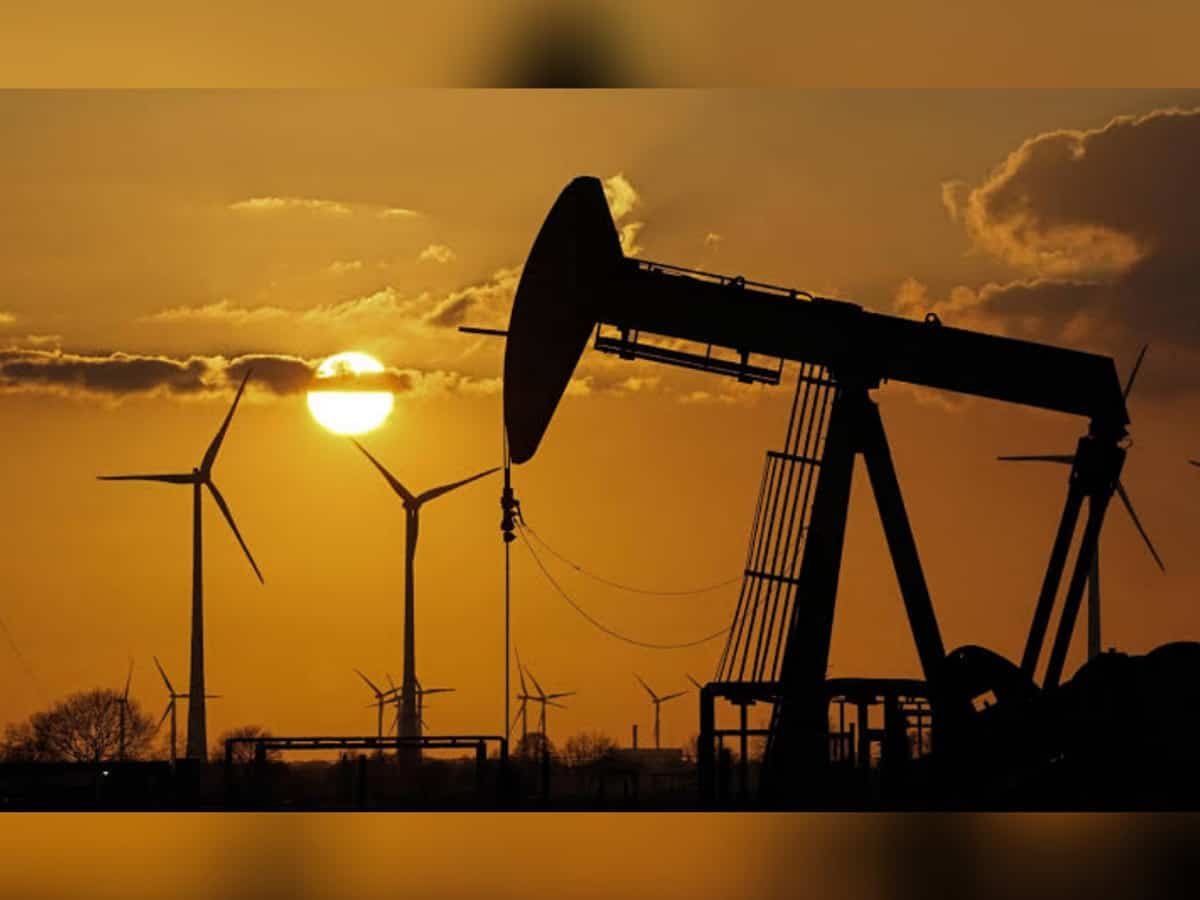
New Delhi: Days after the EU agreed on a price cap on Russian seaborne oil, India on Wednesday said the impact of the move was unclear and it was concerned about the stability and affordability of the energy markets.
Indian refiners will continue to look for the best deals in the interest of the country, External Affairs Minister S Jaishankar told the Rajya Sabha.
“We do not ask our companies to buy Russian oil. We ask our companies to buy oil (based on) what is the best option that they can get. Now it depends on what the market throws up,” he said while replying to clarifications sought by MPs on his suo moto statement on foreign policy.
The companies will go after sources that are more competitive, Jaishankar added.
“Please do understand it’s not just we buy oil from one country. We buy oil from multiple sources, but it is a sensible policy to go where we get the best deal in the interests of the Indian people and that is exactly what we are trying to do,” he said.
India, the world’s third-largest crude importer after China and the United States, has been snapping up Russian oil that was available at a discount after some in the West shunned it as a means of punishing Moscow for its invasion of Ukraine.
From a market share of just 0.2 percent in India’s import basket before the start of the Russia-Ukraine conflict, Russia’s share of India’s imports rose to 4.24 million tonnes, or nearly 1 million barrels per day, in October, taking a 21 percent share comparable to that of Iraq and higher than Saudi Arabia’s share of around 15 percent.
On price caps, Jaishankar said the impact of the move was not very clear to India yet.
“Our concern is really what would it do to the stability and the affordability of the energy markets, that is a concern,” he said.
The executive body of the European Union has asked its 27 member countries to cap the price of Russian oil at USD 60 a barrel as part of the West’s attempt to squeeze Moscow’s oil revenues and limit its ability to wage war in Ukraine while keeping global prices and supplies steady.
From December 5, western shipping and insurance companies are prohibited from handling Russian oil sold above the price cap.
However, ships loaded with Russian oil before December 5 and unloaded at their destination before January 19, will not be subject to the price cap.
Last week, a top government official said India can continue to buy Russian oil if it can send ships, cover insurance and devise a mode of payment.
On the Russia-Ukraine conflict, Jaishankar said India has publicly stated that this is not an era of war.
“We have consistently urged dialogue and diplomacy,” he said.
India’s response to the war has to be to do things that are right for its people.
“When it comes to the impact of the war on Indian people or in the rest of the world, we have also done the right things about that,” he said. “We have taken measures to soften the impact, whether it is of fuel or whether it is of food inflation, whether it is fertiliser costs.”
He countered opposition MPs’ assertion, saying if the contention was that the government put the interests of the Indian public first, “I plead guilty to it.”
“Yes, I put the interests of the Indian public first,” he said. “It is my duty. It is my duty to ensure that your fuel, fertilizer, food… the Indian public does not pay the cost of some other countries’ actions or some other region’s actions. Actually… that is the way, in my view at least, (how) foreign policy should be conducted.”



